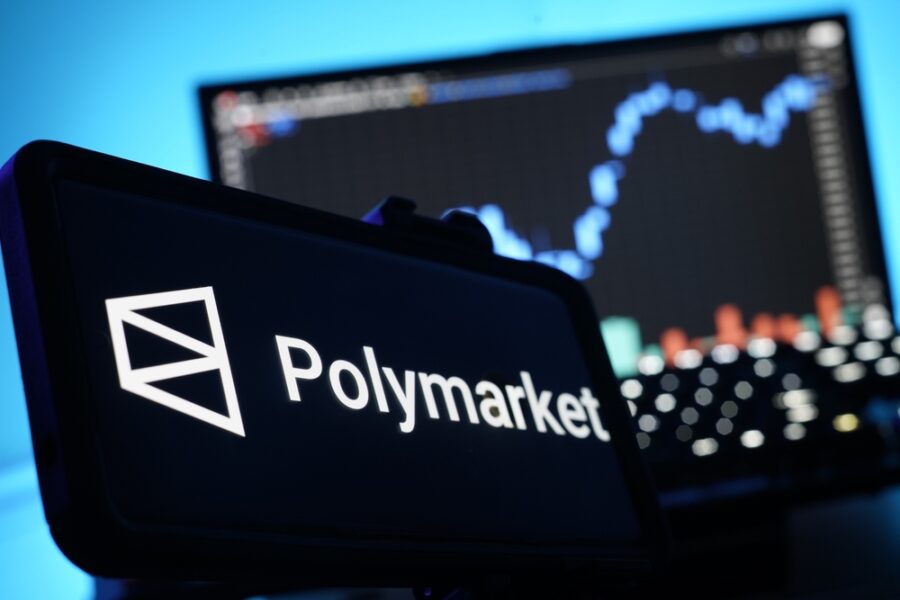State regulators not ready for prediction markets, panelists say

Gaming regulators in US states are “ill-equipped” to handle any pivot by online sports betting firms into prediction markets. That was the conclusion of a panel convened by Truist Securities.
Panelists were Splash Sports Co-Founder Joel Milton, Sporttrade CEO Alex Kane, ICE360 President Eric Frank and XST CEO Joel Simkins. Truist Securities analyst Barry Jonas published their findings in a 3 September investor note.
The panel opined that “moving into prediction markets is enticing, though we still believe operators need to tread carefully to not upset state gaming regulators and partners in their core business today, especially given federal views on prediction could shift with new administrations.”
Sporttrade’s Kane was of the view that hold rates could zero out or even move into slightly subzero territory if OSB providers were to offer no-commission wagers as a loss leader for other sports wagering products. In this scenario, OSB revenues would stay the same, as operators no longer have to pay state-level taxes, having moved into prediction markets.
Should OSB tax takings decline, states could just legalize igaming, Kane concluded. He added that, “over time, sports books could look to offload volatility to larger market makers in order to avoid repeating stretches such as last NFL season/March Madness.”
Turning to daily fantasy sports, panelists were of the view that DFS had lost visibility in the past seven years after the Supreme Court’s 2018 invalidation of the Bradley Act, which largely banned sports betting. Wrote Jonas, “DFS games have gone relatively unchecked since.”
Although Texas and California have issued opinions banning DFS, Splash Sports’ Mllton felt the pastime wasn’t going anywhere. He noted that DFS generated $1 billion in winnings, on handle ranging from $3 billion to $5 billion.
Ohio regulators recently moved to ban proposition bets and this was another catalyst for discussion. ICE360’s Frank said he “believes an outright ban on in-play/player prop bets would potentially be harmful. Bad actors would likely still find ways to place wagers, but regulated prop bets are the safest way for perpetrators to get caught.”
Frank praised the technology that wagering firms have to vet bets in real time. He held that “the industry needs to continue to try to find a balance between offering these bets and maintaining integrity.”
Panelists thought European companies would re-invest in the United States soon. They conceded that gaming stocks “have largely been a mixed bag” during the decade.
XST’s Simkins offered that he “sees larger players turning to more nimble emerging founders to develop desired capabilities, technology and feature sets for their businesses.” Despite being generally unable to make a dent in the US market since 2018, he said he perceived a desire to return stateside.
“With smaller players having exited, larger players have retooled and could look to try and gain a foothold in a robust and growing market,” was Simkins’ viewpoint. New players could also be on the way, he concluded, identifying crypto-connected payment firms and fintech providers as new investors in the gaming sphere.
David McKee is an award-winning journalist who has three decades of experience covering the gaming industry.
Verticals:
Sectors:
Topics:




